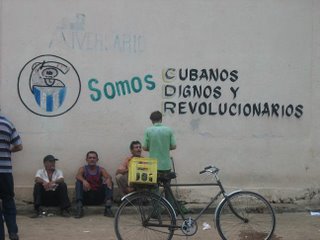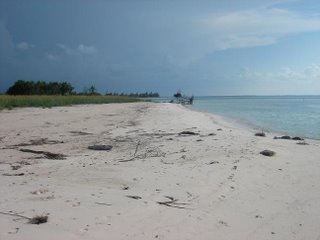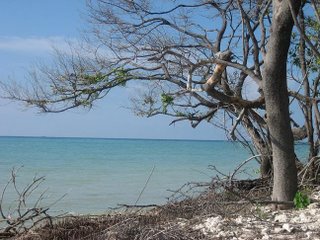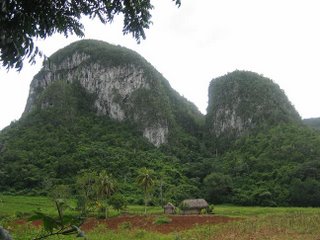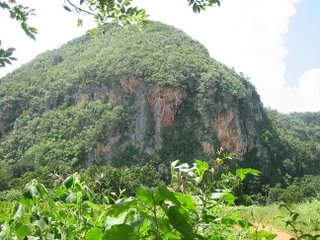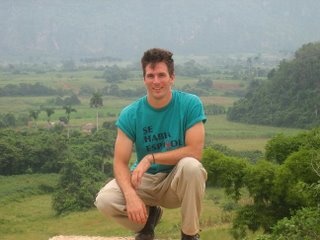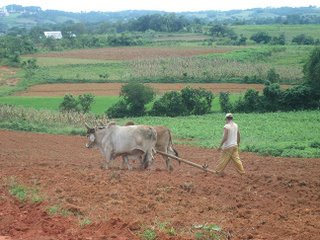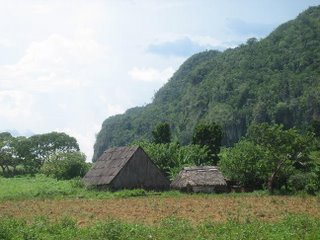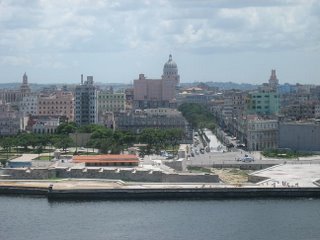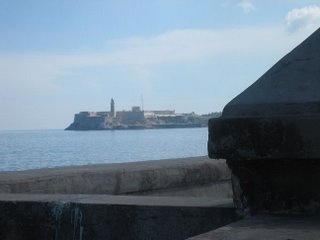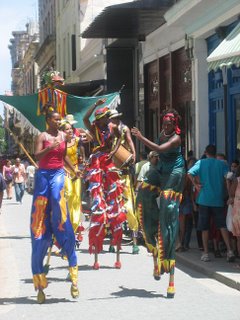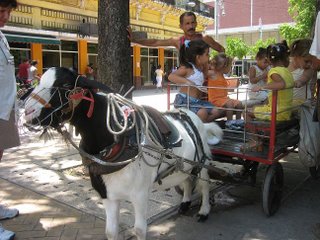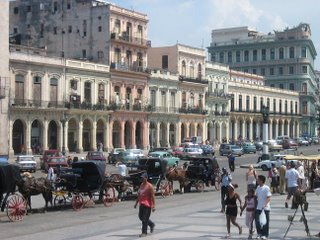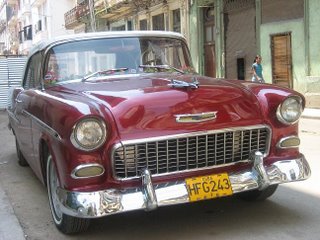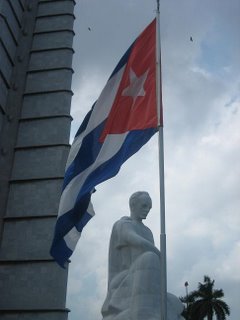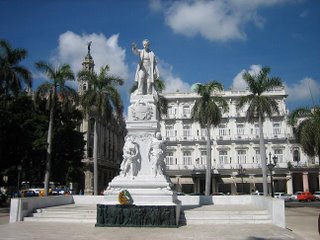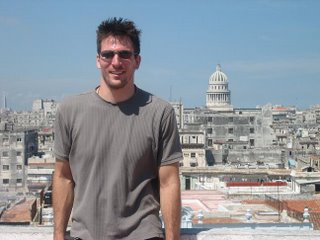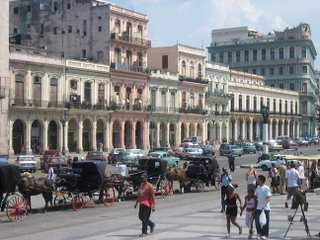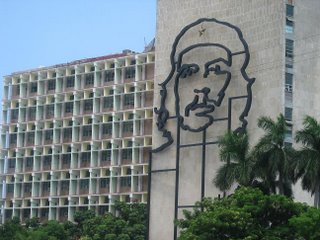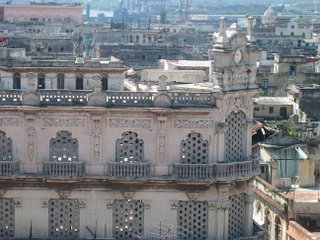30 Minutes to buy Cheese
Half an hour into a day trip it occurs to my fellow travelers and I that it might be wise to purchase some food to talk along the trip and since there is a store ahead of us we pull over. As it turns out, the “store” was not really a store but rather a wooden kiosk on the side of the street. We walk up and study the menu. Fortunately it is possible to order food to go. We place our order but unfortunately our order is sold out. We try another selection, then another one, each time receiving the same answer. Eventually we ask what it is that we CAN order. The worker in charge pauses for a moment and contemplates this difficult question. Finally he responds that he has cheese and ham available for sale. We ask if there is another store close by. He smiles and points down the road. Not making the same mistake twice we ask if he knows what the other store has for sales. He pauses again and says: bread.
So we decide to order 10 slices of cheese and ham and send 2 people back to the other store to buy bread. What now unfolds is the reason I write this story: the ambitious worker retrieves the cheese from a sketchy looking fridge along with a knife, measuring stick and scale. As if conducing an exercise in geometry he carefully measures the cheese and finally cuts one slice then weights in and makes necessary adjustments to the prior cut. This he repeats several times until the cut and weight are prefect. 20 minutes later the bread crew returns from their trip (nothing is fast in Cuba), while our friend is still measuring and cutting.
After 30 minutes he is finally satisfied and hands us our order – or rather his piece of art. At last we continue the journey. Why do something the simple way when it can be down complicatedly?
